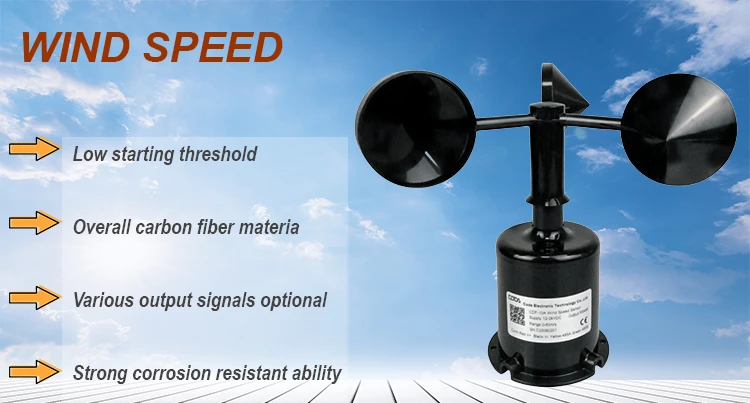
html
Anemometer: Instrument for Measuring Wind Speed
Wind speed is a crucial meteorological parameter that affects weather forecasting, aviation, marine navigation, and even renewable energy production. To measure wind speed accurately, scientists and engineers rely on a specialized device called an anemometer.
What is an Anemometer?
An anemometer is an instrument designed to measure the speed and sometimes the direction of wind. The word “anemometer” comes from the Greek word “anemos,” meaning wind. These devices are essential tools in meteorology, environmental monitoring, and various industrial applications.
Types of Anemometers
There are several types of anemometers, each with its own working principle:
1. Cup Anemometer
The most common type features three or four hemispherical cups mounted on horizontal arms. As wind blows, the cups rotate, and the rotation speed is proportional to wind speed.
2. Vane Anemometer
This type combines a propeller and a tail vane to measure both wind speed and direction. The vane aligns with wind direction while the propeller rotates with wind speed.
3. Hot-Wire Anemometer
Using the principle of convective heat transfer, this electronic device measures wind speed by detecting changes in electrical resistance of a heated wire exposed to airflow.
4. Ultrasonic Anemometer
This advanced type uses ultrasonic sound waves to measure wind speed and direction by detecting changes in the time it takes sound to travel between transducers.
Applications of Anemometers
Anemometers serve numerous important functions:
- Weather stations for meteorological data collection
- Aviation for airport wind monitoring
- Wind energy assessment for turbine placement
- Building ventilation system design
- Marine navigation and safety
- Environmental pollution monitoring
How to Choose the Right Anemometer
When selecting an anemometer, consider these factors:
- Measurement range (minimum and maximum wind speeds)
- Accuracy requirements
- Environmental conditions (temperature, humidity, etc.)
- Power requirements (battery-operated or wired)
- Data recording capabilities
- Portability needs
Modern anemometers often include digital displays, data logging, and wireless connectivity features, making wind speed measurement more convenient and accurate than ever before.
Keyword: instrument measure wind speed